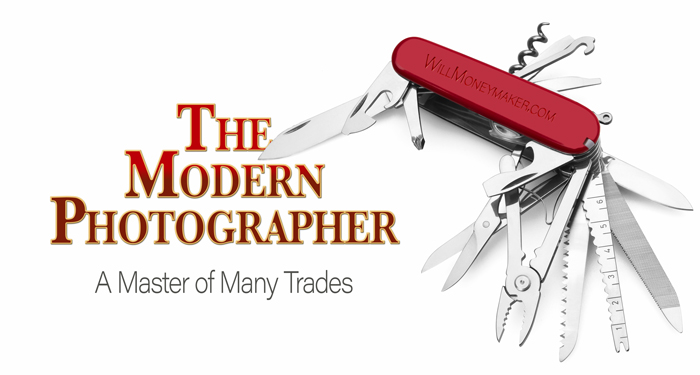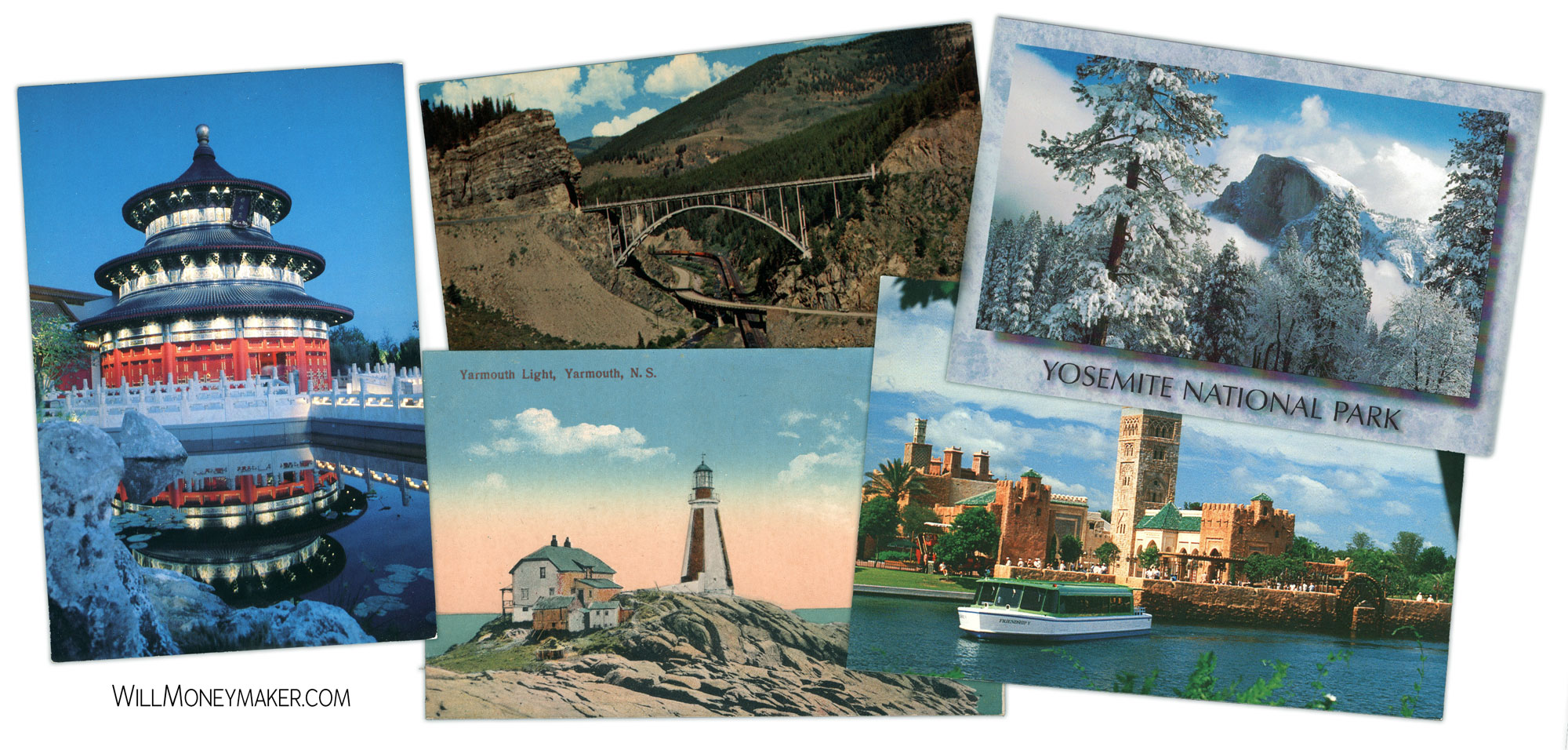Photography has changed an enormous amount over the last century. Even in the previous three decades, we’ve seen a complete revolution in doing just about everything. Nowadays, digital cameras do the vast majority of the work that film photographers used to do. Before, photographers carefully pondered settings, everything from shutter speed and aperture to the focus of each frame.
Today, however, it is possible to let the camera handle all of that for you. No matter what camera you use, from a smartphone to a DSLR, modern equipment makes it challenging to take a photo with inadequate exposure or one that is out of focus. That is because now, we have full automatic settings and even autofocus to assist us with these tasks.
Does all of this mean that the photographer’s job is easier than ever before? Not! I would argue that the photographer’s job is at least as tricky as it ever was and maybe even more difficult. It is merely that the focus on skills has changed. Now, it is less about knowing how to adjust settings to create the perfect exposure and more about learning how to use computers, software, navigate the internet, design web pages, and so much more.
Of course, technical skill with your camera is still important. If you leave it on automatic settings indefinitely, then you’ll never learn how to manipulate aperture or shutter speed to create various kinds of blurs and other effects, for example. But the point stands: To create art, these skills are somewhat less critical than, say, knowing how to use Photoshop or similar photo editing software.
But enough of all of that! Let’s look at some of the top skills that photographers today are expected to know.
Internet Use and Web Design
For any photographer, basic internet savviness is an absolute must. Today, you can learn just about anything you need to know through online resources – but only if you know how to find them, vet the sources to know they are reliable, and so forth. The ability to navigate the confusing online world we live in will put a wealth of information at your fingertips.
But skills on the web go farther than that. For many photographers, maybe even for most photographers, mainly those serious about selling art or running another type of photography business, a website, or some online portfolio, is essential. Of course, one could pay a web designer to create a website, but many photographers elect to DIY the task. The fact is, in the beginning, you may not have the money to invest in professionals to build you a website, especially not when you are buying cameras and all the gear that goes with them!
Some Publishing Knowledge is Helpful
In a sense, modern photographers are also self-publishers these days. No longer are you merely handing your rolls of film, your prints, or your negatives off to an editor or agent. Instead, photographers create their portfolios, their own photographic stories, their books, PDFs, and other types of media.
What all of this means is that you’ll need some basic knowledge of various publishing tools – the software that you’ll use to layout books and PDFs, the tools you will need to create prints, and so on. When it comes to creating portfolios or photographic stories, you’ll also need some storytelling skills since you won’t have an editor picking and choosing from among your negatives.
Self Promotion is Essential
Fifty years ago, self-promotion wasn’t as tricky as today simply because there weren’t nearly so many avenues for self-promotion. You would send submissions to agents, editors at magazines, art directors at galleries, etc. If you did commercial photography or operated some photography business, you found outlets such as newspapers to run ads. Networking with people both inside and outside of your circle was important, too.
All of these avenues still exist – and they are all still quite crucial for self-promotion. However, today, there are even more ways to promote yourself, perhaps ways that are even more vital than the old ways of advertising your skills. Today, the best photographers are competent at digital marketing, which comes in a wide variety of forms, including websites, online networking, and of course, a plethora of social media outlets that will require your attention.
Computer Skills Above All Else
Almost everything you will do will revolve around the computer – not just internet skills, web design, and self-promotion but also more basic operations. File storage, for instance. All of your RAW files will need to be archived appropriately, sorted in such a way that makes it easy for you to find them, and most importantly, backed up in several different ways. Knowledge of these tasks is vital when dealing with tens of thousands or even hundreds of thousands of image files. There is simply no way to keep track of them if you have not created an organized archiving and backup system.
On top of this, there is also photo editing software. Adobe’s Photoshop and Lightroom are the standards currently, but these programs are unlikely to be the only two tools that you use. There are also file converters, specialty tools like noise removal software, and a vast array of plugins that you’ll likely end up pairing with your editing tools of choice. And that isn’t even considering your camera’s firmware and the updates that will be required as time goes by!
The modern photographer’s skill set has evolved dramatically, and it all happened in the span of a few short years. There are many other current skills that a photographer will need besides these – and as photography continues to evolve, likely many more skills that will need to be learned in the future, too.





